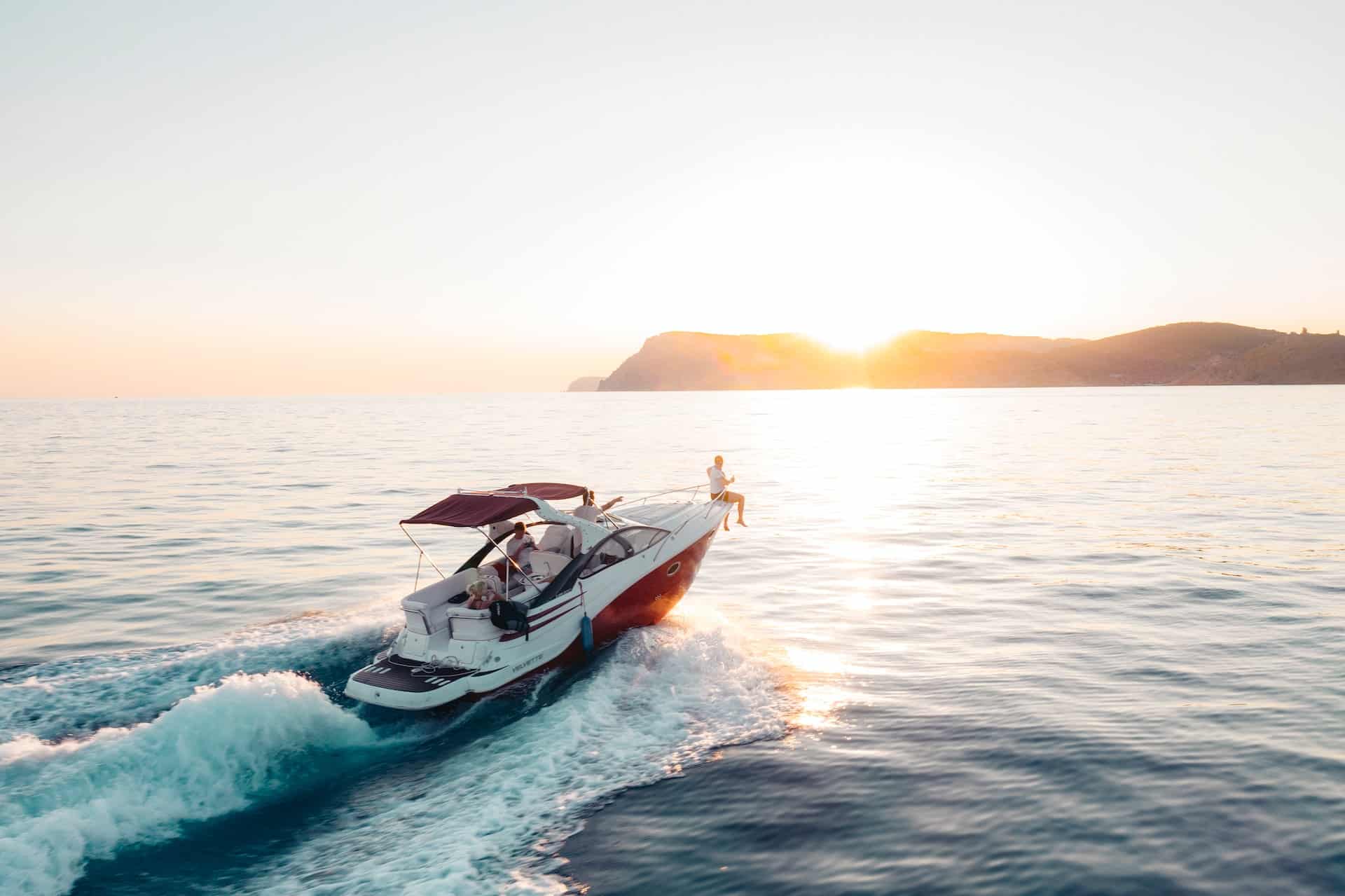How much car insurance are you legally required to have when driving in the state of Florida?
Insurance laws can be confusing since they change by state. So we’ll start off with a simple question and a straightforward answer:
Is Car Insurance Required in Florida?
In the state of Florida, all drivers are required to have a minimum of $10,000 in personal injury protection (PIP) insurance. PIP insurance covers you and your passengers in the event of an accident, regardless of who is at fault. In addition to PIP insurance, Florida drivers are also required to have $10,000 in property damage liability (PDL) insurance.
Are There Any Exceptions to Florida Insurance Requirements?
There are a few exceptions to the insurance requirements in Florida. Drivers who are members of certain religious organizations may be exempt from the PIP insurance requirement if they can provide proof of financial responsibility. Drivers who are enrolled in a state-approved driver training course may also be exempt from the PIP insurance requirement.
What Happens If You Are Caught Without Auto Insurance in Florida?
If you are caught driving without auto insurance in Florida, you could face a number of penalties. These include a fine of up to $500, suspension of your driver’s license for up to three years, and impoundment of your vehicle. You may also be required to complete a Florida Insurance Plan course.
What Does a “No-Fault” Liability Mean?
If you live in a no-fault car insurance state, it means that your own car insurance company will pay your personal injury claims up to your policy limits, regardless of who caused the accident.
No-fault laws were enacted to reduce the number of lawsuits filed against insurers and to keep premiums low. By limiting lawsuits, insurers could better predict their losses, and rates would be more stable.
The problem with no-fault systems is that they often don’t provide enough compensation to victims of serious accidents. That’s why many states have adopted a hybrid system that includes both no-fault and fault-based coverage.
In a no-fault state, your insurer will pay for your medical bills and lost wages up to your policy limits, regardless of who caused the accident. If you’re injured in a car accident, you can’t sue the other driver for pain and suffering unless your injuries meet a certain threshold.
No-fault laws vary from state to state. Some states have a pure no-fault system, while others have a hybrid system that includes both no-fault and fault-based coverage.
If you live in a no-fault state, it’s important to understand how the system works and what your rights are.
What Is Personal Injury Protection in Florida?
Personal injury protection (PIP) is a type of no-fault insurance that is required in some states, like Florida. PIP covers your medical expenses and lost wages if you’re injured in a car accident, regardless of who is at fault.
PIP is sometimes called “no-fault” insurance because it pays your medical bills and lost wages regardless of who caused the accident.
PIP is required in Florida if you have a car insurance policy. PIP pays for your medical bills and lost wages up to the limits of your policy, no matter who caused the accident.
PIP coverage is limited to $10,000 in Florida. If your medical bills and lost wages exceed $10,000, you may be able to sue the at-fault driver for additional compensation.
PIP coverage is optional in some states, but it’s required in Florida. If you have a car insurance policy in Florida, you must have PIP coverage.
Conclusion
Florida law requires all drivers to have at least the minimum amount of car insurance coverage in order to legally operate a vehicle on public roads. The state also has a no-fault insurance system, which means that each driver’s own insurance company will pay for their medical expenses and lost wages up to a certain limit after an accident, regardless of who was at fault. Drivers in Florida are also required to carry personal injury protection (PIP) coverage.
Florida Manufactured Home Insurance Agency offers an array of services and products, including auto insurance in Florida. Get in touch with us to learn more!





